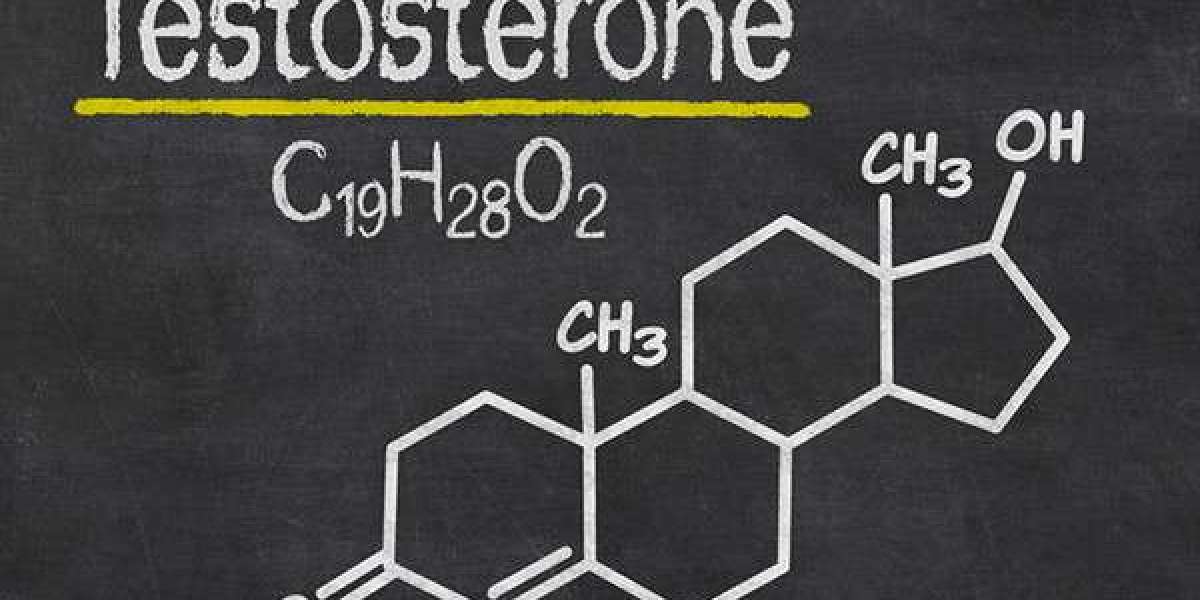Libido, a term often used to describe one’s sexual drive or desire, plays a crucial role in human psychology and relationships. It’s a multifaceted aspect of our lives, influenced by various factors such as biology, psychology, and the environment. Understanding libido can lead to a more fulfilling and satisfying life, both personally and in relationships.
Defining Libido:
Libido, derived from the Latin word “desire” or “lust,” encompasses the sexual energy and desire individuals experience. It goes beyond the physical act of sex, involving a complex interplay of hormones, emotions, and interpersonal dynamics. Libido varies from person to person, influenced by age, health, stress levels, and relationship status.
Biological Factors:
Biologically, libido is closely linked to hormonal fluctuations. Testosterone, often associated with male sexuality, plays a crucial role in both men and women. It’s responsible for initiating and maintaining sexual desire. As individuals age, hormone levels may change, affecting libido. Additionally, factors like medications, illnesses, and lifestyle choices can impact hormonal balance and, consequently, libido.
Psychological Influences:
The mind is a powerful force when it comes to libido. Stress, anxiety, and depression can significantly dampen sexual desire. When the mind is preoccupied with worries or negative emotions, it becomes challenging to engage in intimate moments. Conversely, positive mental health, self-confidence, and a positive body image contribute to a healthy libido. Exploring one’s fantasies, desires, and understanding personal preferences can also enhance libido.
The Role of Relationships:
Libido is not solely an individual experience but is deeply intertwined with relationship dynamics. Open communication, emotional intimacy, and a sense of security contribute to a thriving sexual connection. Relationship issues, unresolved conflicts, or a lack of emotional connection can negatively impact libido. Cultivating a healthy and communicative relationship can reignite the flames of desire.
Age and Libido:
Libido undergoes changes throughout various stages of life. In adolescence, hormones surge, leading to heightened sexual desire. As individuals age, hormonal levels may decrease, affecting libido. However, it’s essential to recognize that age doesn’t equate to a decline in sexual satisfaction. Open communication, adapting to physical changes, and maintaining a positive outlook can lead to fulfilling sexual experiences at any age.
Boosting Libido Naturally:
For those seeking to enhance their libido, several lifestyle changes can make a positive impact. Regular exercise, a balanced diet, and sufficient sleep contribute to overall well-being, influencing libido positively. Stress management techniques, such as meditation or yoga, can alleviate mental burdens and enhance sexual desire. Exploring new activities and maintaining a sense of novelty in the relationship can also reignite passion.
In the intricate tapestry of human sexuality, libido stands out as a crucial thread. Understanding its nuances, influenced by biological, psychological, and relational factors, allows individuals and couples to navigate their desires more effectively. Embracing a holistic approach, encompassing physical health, mental well-being, and relationship dynamics, can lead to a more satisfying and fulfilling sexual life. Libido, far from being a static concept, is a dynamic force that evolves with age and life experiences, inviting us to explore its depths and unlock the secrets of desire.








